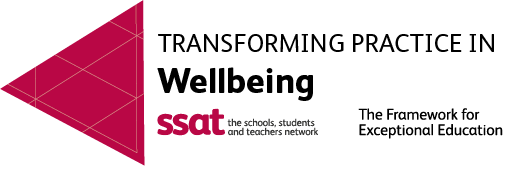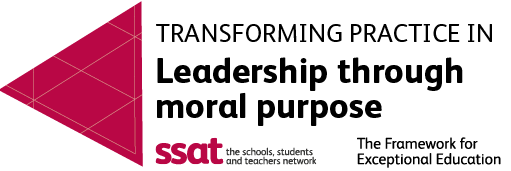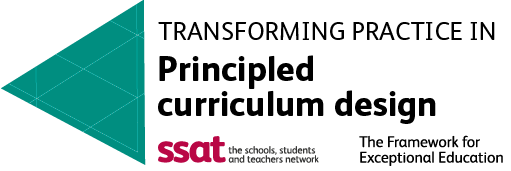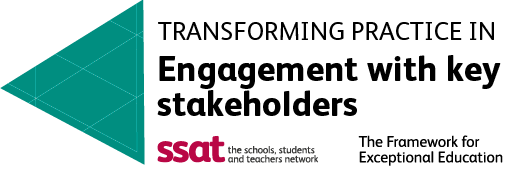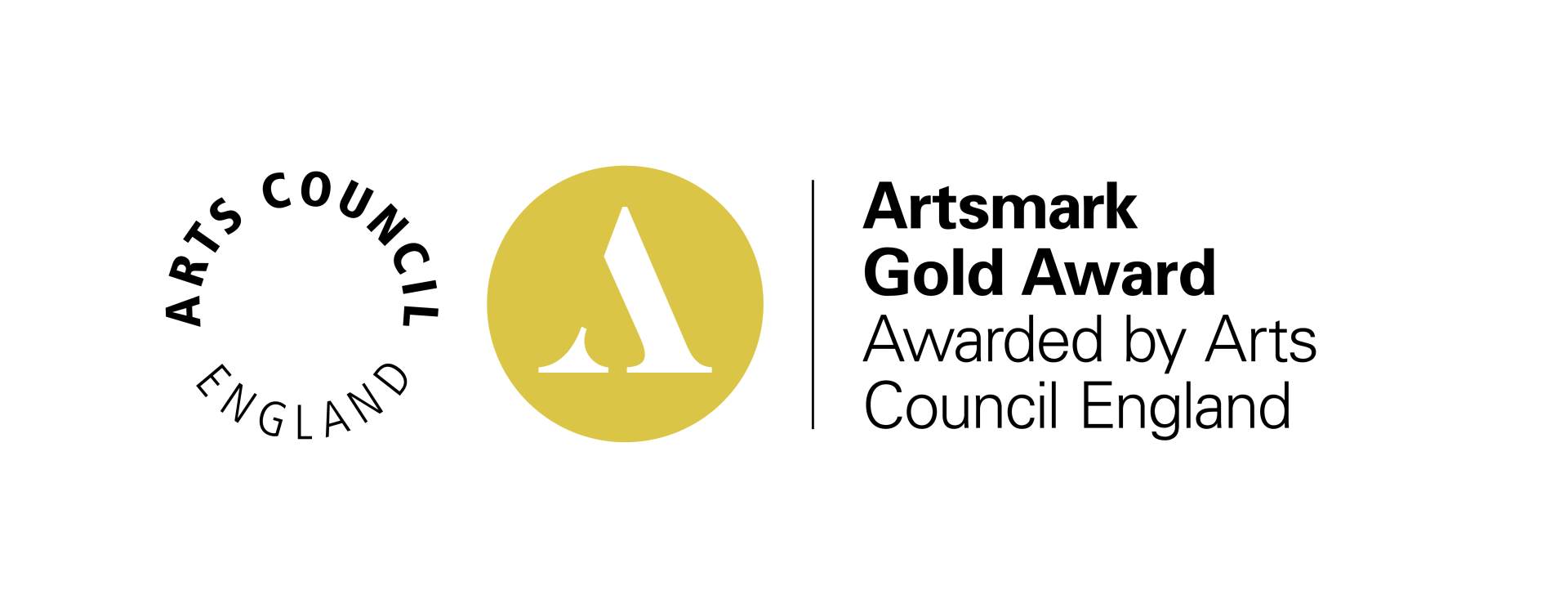Food Science & Nutrition (Applied WJEC Level 3 Diploma)
Course Specification |
|
Subject Specific Entry Requirements |
Grade 4, 4 in Science |
Costs Associated with this Course |
An essential aspect of the course is food preparation so students will be expected to provide cooking ingredients when required; approximately once every two weeks. |
Do you/are you…
- Enjoy cooking?
- Want to develop further your knowledge of food science, nutrition and health and safety within the food industry?
- Have an interest in health and food science?
- Interested in the impact food has on everyday life?
- Want to improve your designing and making skills using food?
What will I study?
The Level 3 Food Science and Nutrition qualifications allow students to gain a wealth of knowledge about the food and nutrition industry. Students will have the opportunity to learn about the relationship between the human body and food as well as practical skills for cooking and preparing food.
How will you be assessed?
The WJEC Level 3 Diploma in Food Science and Nutrition is made up of four units:
Unit 1: Meeting the Nutritional Needs of Specific Groups (mandatory) – 1.5hr Examination and a Controlled Assessment assignment in Y12
This mandatory unit will enable students to demonstrate an understanding of the science of food safety, nutrition and nutritional needs in a wide range of contexts, and through on–going practical sessions, to gain practical skills to produce quality food items to meet the needs of individuals. The purpose of this unit is for students to develop an understanding of the nutritional needs of specific target groups and plan and cook complex dishes to meet their nutritional needs.
Unit 2: Ensuring Food is Safe to Eat (mandatory) – Controlled Assessment Y13
The second mandatory unit will allow students to develop their understanding of the science of food safety and hygiene; essential knowledge for anyone involved in food production or wishing to work in the food industry. Practical sessions will support the gaining of theoretical knowledge and ensure learning is a tactile experience. Students will develop an understanding of hazards and risks in relation to the storage, preparation and cooking of food in different environments and the control measures needed to minimise these risks. From this understanding, students will be able to recommend the control measures that need to be in place, in different environments, to ensure that food is safe to eat.
Unit 3: Experimenting to Solve Food Production (optional) – Controlled Assessment Y13
The aim of this unit is for students to use their understanding of the properties of food in order to plan and carry out experiments. The results of the experiments would be used to propose options to solve food production problems.
Unit 4: Current Issues in Food Science and Nutrition (optional) – Controlled Assessment Y13
Through this unit, you will develop the skills needed to plan, carry out and present a research project on current issues linked to issues related to food science and nutrition. This could be from the perspective of a consumer, food manufacturer, caterer and/or policy-making perspective.
All learners must take units 1 and 2 and then select either unit 3 or unit 4.
How will this course support my future plans?
Together with relevant Level 3 qualifications such as AS and A Levels in Biology, Chemistry, Sociology and Maths, learners will gain the required knowledge to progress to higher education degree courses, such as:
- BSc Food and Nutrition
- BSc Human Nutrition
- BSc (Hons) Public Health Nutrition
- BSc (Hons) Food Science and Technology
- Some midwifery courses (Check individual institutions)
An understanding of food and nutrition is relevant to many industries and job roles. Care providers and nutritionists in hospitals use this knowledge, as do sports coaches and fitness instructors. Hotels and restaurants, food manufacturers and government agencies also use this understanding to develop menus, food products and policies that that support healthy eating initiatives. Food and drink is the largest manufacturing sector in the UK. Many employment opportunities within the field of food and nutrition are available to graduates including:
Food Technology, Food Marketing, Food Product Development, Dietetics, Nutrition, Teaching, Catering, Nursing and midwifery, Hotel Management, Environmental Health, Social Health, Sports science.



 Safeguarding
Information
Safeguarding
Information
